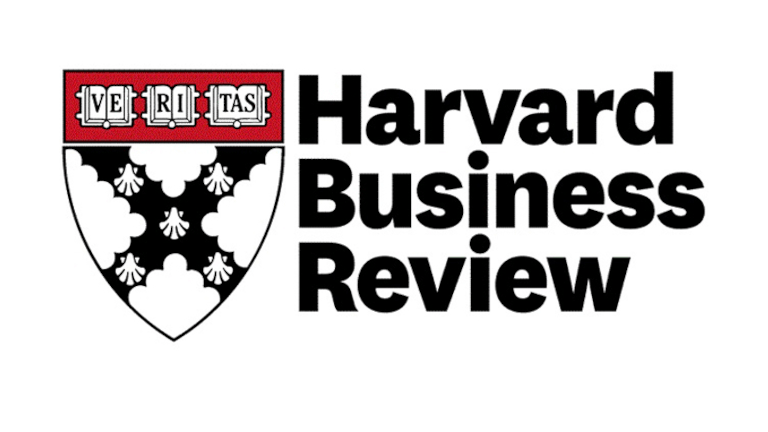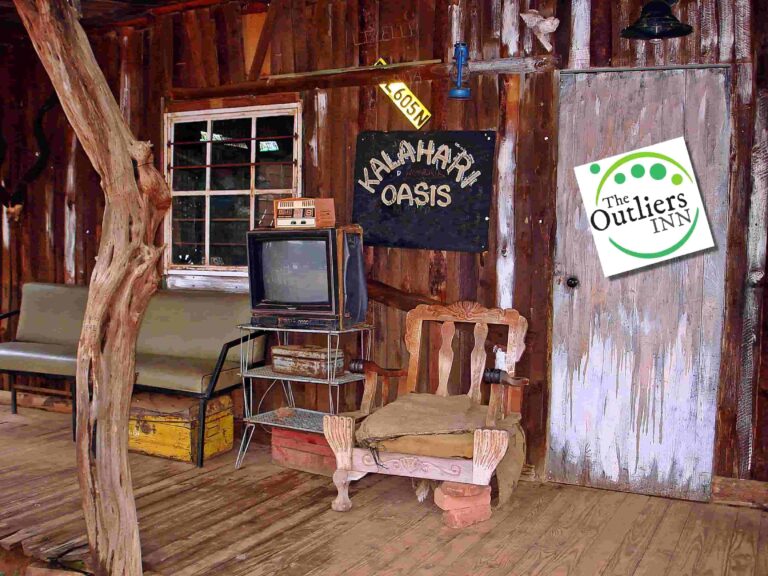Time – A Risk Source
We’re obsessed with Time.
Songs and literature don’t forget to remind us that Time goes by, that Time is the key measure of almost everything, even of apparently very solid, indestructible structures as concrete walls.
There’s a key question about Time, which is that we know Time’s effects but – as for many other of nature’s processes – we neither know nor understand Time’s rules.
TIME IS ON MY SIDE!
Just think of all these times: The Rolling Stones’s song Time Is On My Side. The Pink Floyd’s obsessively ticking clock in their song Time. Kenneth Fearing’s 1946 novel The Big Clock – made into a film in 1948, then re-filmed in 1987 starring Kevin Costner with the title No Way Out. Watching Fritz Lang’s Metropolis, in which a worker hardly moves the hands of a very big clock (or was it Chaplin’s Modern Times?). Or listening to Queen singing I want it all and I want it now.
We can only think that Time preoccupies all of us.
TIME AS A FRUIT OR VEGETABLE
Time is more like a fruit, a vegetable. It has to grow by its own rhythm if we want it to be tasty when it’s ripe.
It’s the same with human relationships. They have to grow at their own proper rate, forcing them to grow faster – or slow them down – can destroy them forever.
The saying time is money certainly means that Time is a valuable resource, but we must not over-value this equation. Time is what it is, no human effort – even the strongest effort – can make it last longer or last shorter.
The Ancients said Tempus fugit, time goes on. There’s some resignation to be read in these words, that is, an acquiescence that the passage of Time is unavoidable, and people must make good use of it.
There is however a subjective Time. For example in an airport, waiting for a departing flight, hours seem to last longer. But when we are together with friends and enjoying ourselves – wow! – hours go by like minutes or seconds.
TIME LATITUDE AND LONGITUDE
It’s quite an adage that Time depends on latitude and longitude, too. Therefore climate conditions in the southern and in the eastern areas of the Planet time seems to flow more slowly than in northern and western areas.
Mediterranean countries are famous to take as much time as they can to make decisions. In northern Italy, we drink expresso standing at the bar, one gulp, thirty seconds and it’s gone. In Naples further to the south, drinking expresso is a rite, instead. They make you sit and stay there half an hour to see the minutes go by.
We have to surrender to Time. ighting it, hurrying every day is the worst thing we can do and the least productive.
We’re no runner, we can’t beat competition by being faster. We have to be smarter and more clever.
We do not actually know the Time that competition has spent to develop their products, or their services; we only know that they are there, on the market, ready for supply or delivery.
Certainly, there are things that have to be done quickly, very quickly and in such cases Time is a key issue. But thinking afterwards, there’s always the doubt that such emergences could have been avoided, if more advanced thinking and planning would have been applied.
In other words, a more effective use of Time.
DISASTER MANAGEMENT
I’m obviously thinking of disaster management; but disaster is not only a flood or a tsunami wave; it’s also bank collapse or a health system being broken.
My own MacBook Pro is a beautiful machine. Indeed last Saturday, an electrician installed an external loud-speaker system, that is very nice. And he wanted to make it work by installing in my laptop a miniCD, as a driver for the system.
If you have a Mac, never, never do that! The miniCD won’t come out.
Luckily enough, I spoke to my step-son, a Mac practitioner. He sent me a video in which the Mac is simply shaken up and down until the miniCD comes out; which it did.
Not very scientific, not very technological, quite gorilla-like, but it worked.
It’s the same with generally perceived Time: there’s not much scientific in it, non much technological or philosophical; it simply is.
Murphy’s Law could well be applicable to Time, as well to Things.
And without pretending to go as far as theories of relativity, that dig deep into relationships of energy, matter and time, it could well be that one day Man will invent some more effective ways to make use of Time, instead of simply rushing and hurrying here and there.
If we were to chart events – preferably successful – against Time, we’ll find that the majority of events happened too early or too late, and only a very few happened on time.
By Umberto Tunesi
 Umberto Tunesi is a management system auditor for the quality, automotive, environment, social responsibility, and health and safety fields. He brings his natural and educational background to audit companies based on a continual process approach that confutes many-faced value management systems. He lives and works in northern Italy.
Umberto Tunesi is a management system auditor for the quality, automotive, environment, social responsibility, and health and safety fields. He brings his natural and educational background to audit companies based on a continual process approach that confutes many-faced value management systems. He lives and works in northern Italy.








